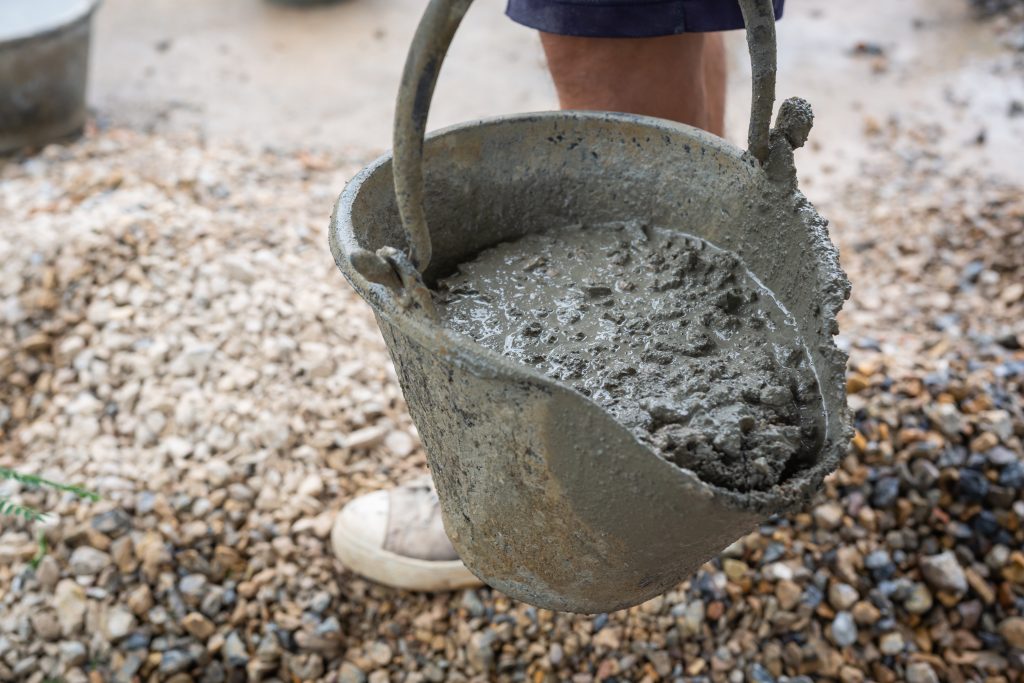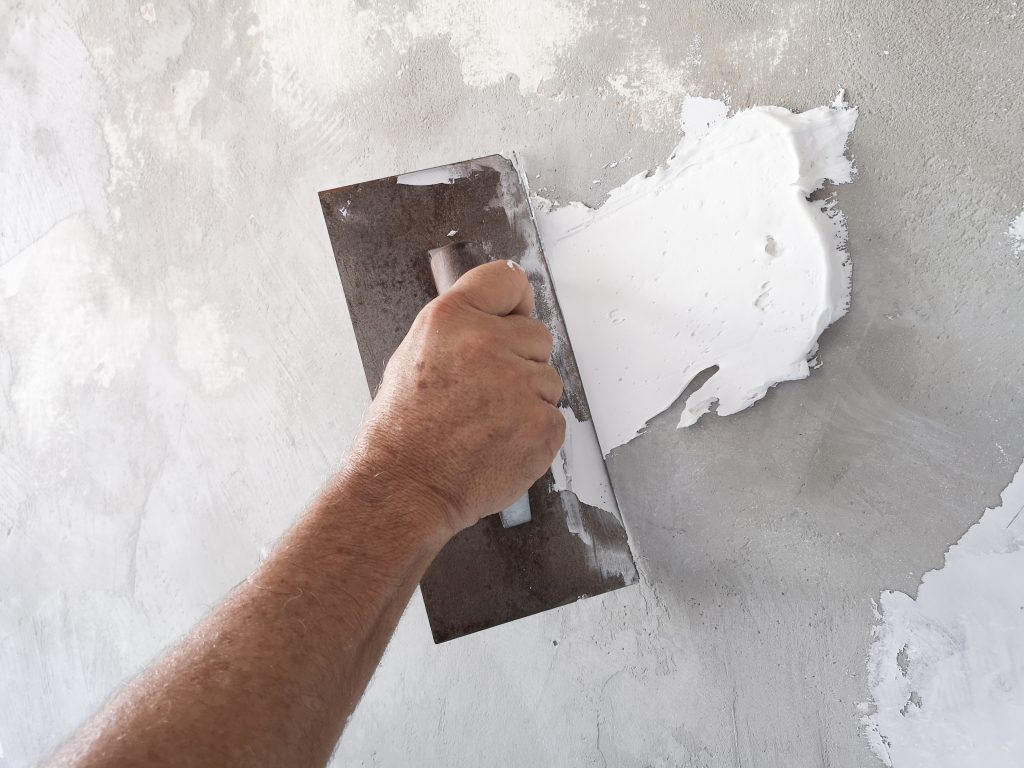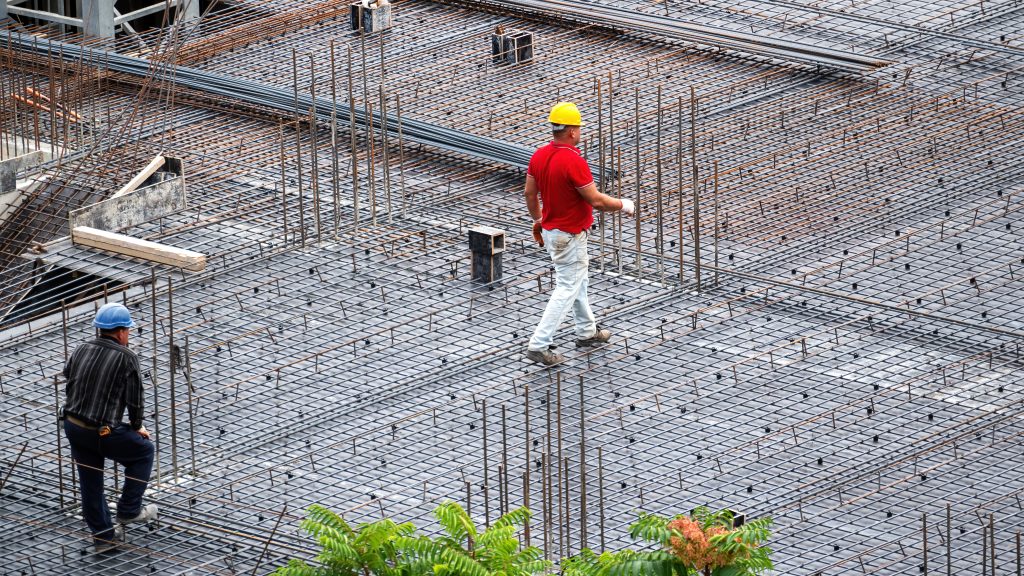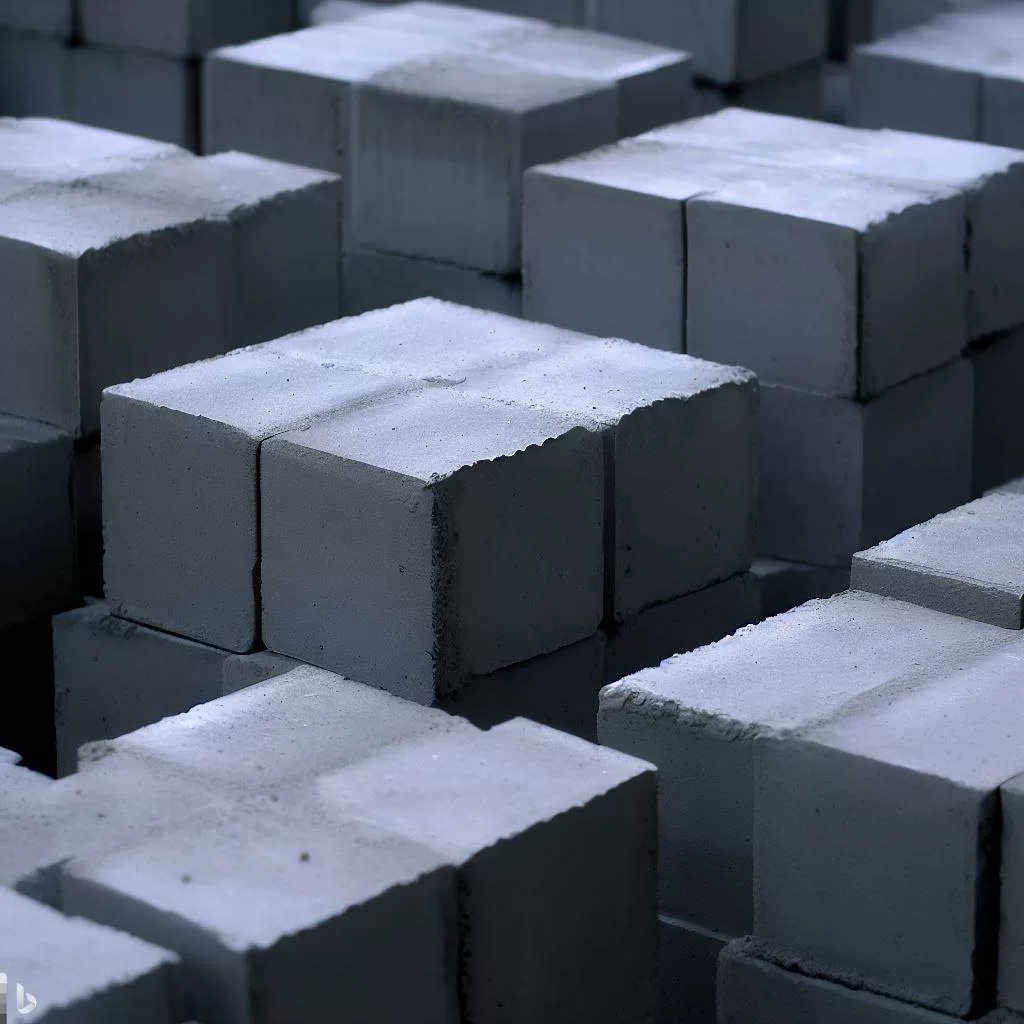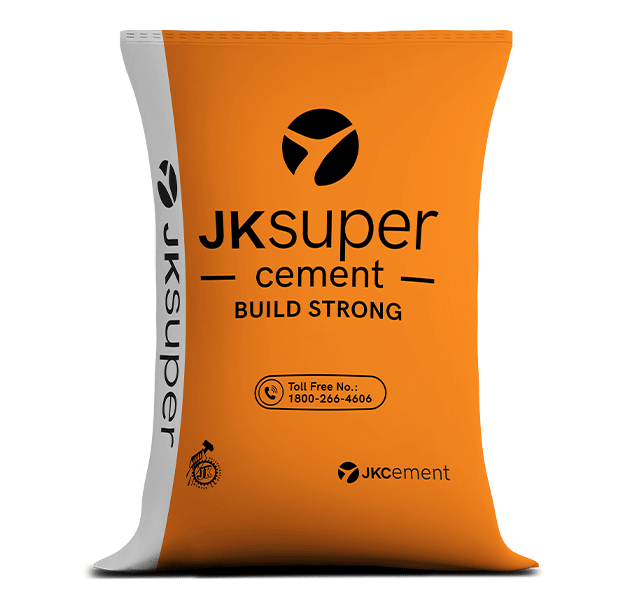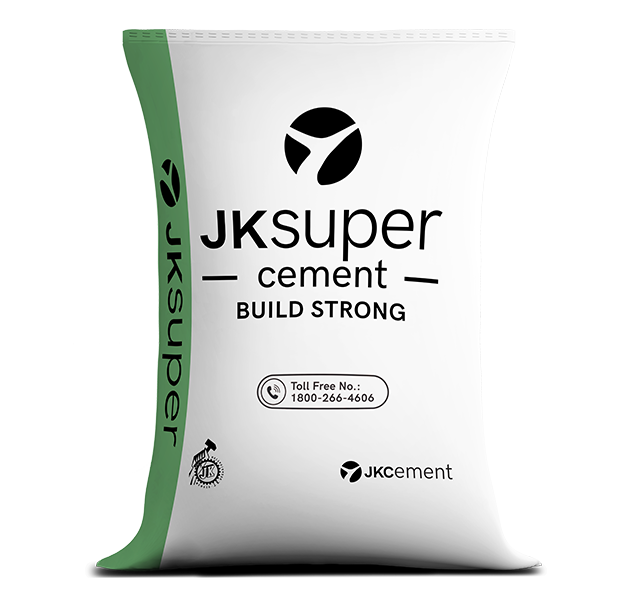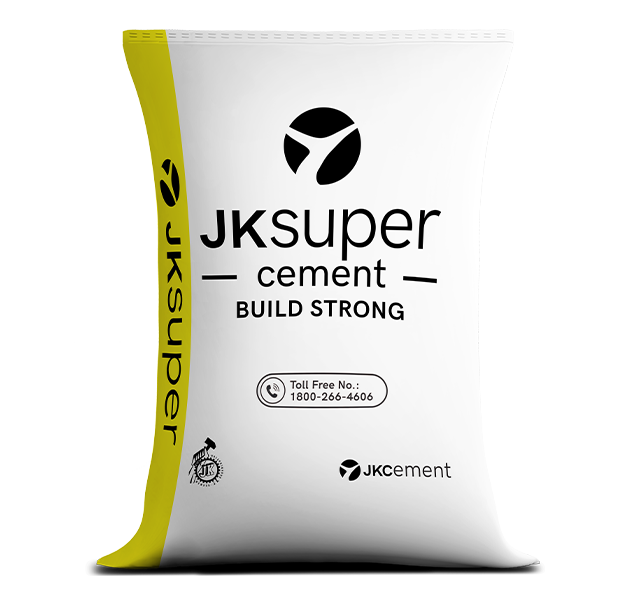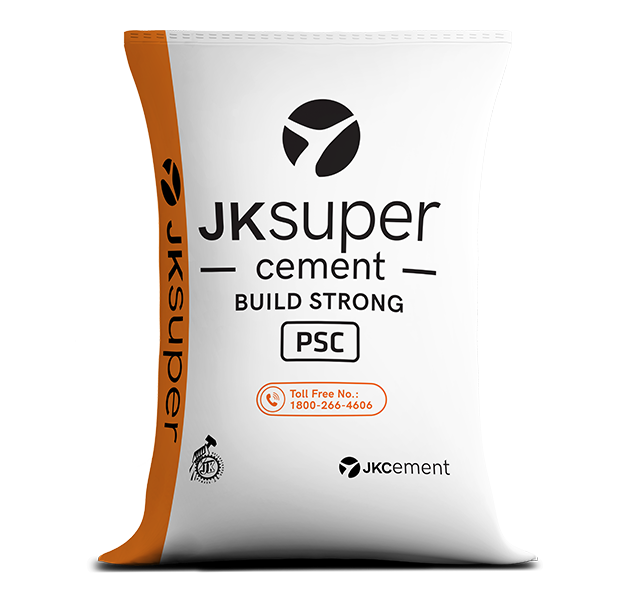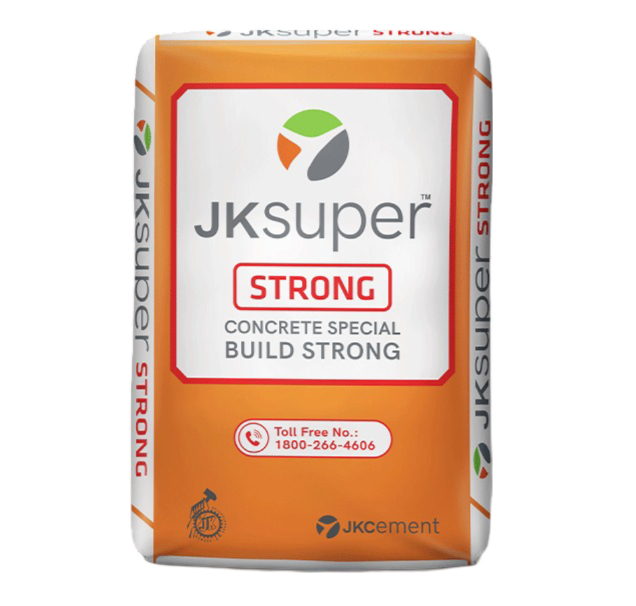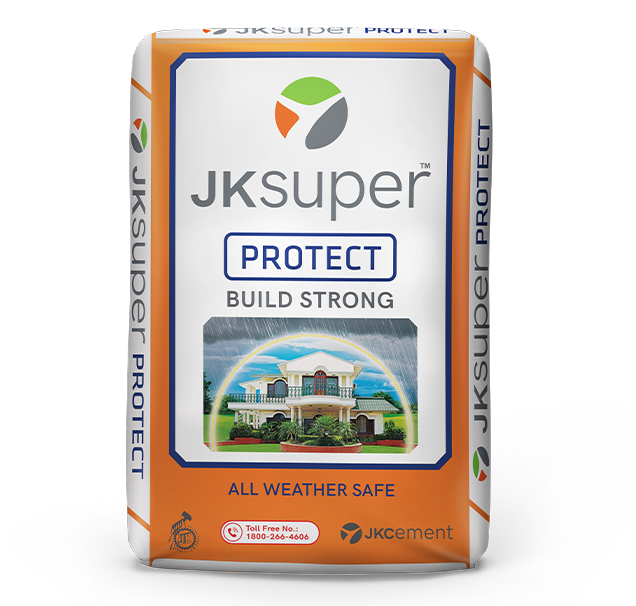When it comes to the quality of construction materials in house construction, it is important to prioritise durability and performance of the cement slurry. Opting for high-quality materials ensures that your house will withstand environmental factors and maintain its structural integrity in the long run. Additionally, choosing good quality materials can enhance the safety of your home. Keep reading on to know more about the meaning of cement slurry.
What Is Cement Slurry?
Cement slurry is a mixture composed of cement, water and chemical additives. It is commonly used in construction projects to create a strong and stable foundation, particularly in areas with soft or unstable soil. When poured onto wet ground, the cement slurry binds with the soil, forming a hard, smooth and water-resistant layer. The thickness of the slurry can vary depending on the specific construction project, and it is typically applied by being pumped into a space or poured down a cement truck chute.
What are the Uses of Cement Slurry?
Cement slurry is used in a wide range of construction applications. Here are some common uses for cement slurry:
Soil stabilisation:
Cement slurry is poured onto wet or soft ground to create a stable and strong foundation. It binds with the soil, thus forming a hard layer that provides stability for buildings, roads and other structures. It also provides a solid base that can support heavy loads and resist moisture.
Slurry walls:
It is used to create slurry walls, which are commonly used in construction projects. Slurry walls act as a barrier between structures and soft ground or water. Thus, they help prevent water seepage and provide structural support.
Paving:
This mixture is used in paving projects, such as parking lots and driveways. It is poured onto a prepared surface and spread evenly to form a smooth, durable and water-resistant layer.
Repairing roads and holes:
It is useful in road repairs to fill cracks and potholes. It is also used to repair holes or damaged areas in concrete surfaces, such as countertops or floors.
Environmental Impact of Cement Slurry
Cement slurry can have negative environmental impacts if its waste and washout are not managed properly. Improper disposal of cement slurry waste can cause damage to vegetation and animal life. When tools or barrows are washed out and the slurry is emptied into surrounding garden beds or lawns, the chemical additives in the slurry mixture can alter the chemical composition of the soil and may seep into groundwater, thus impacting the soil’s pH levels.
Several measures can be taken to minimise its negative environmental impact and promote sustainable practices. Strict guidelines for the collection, containment, and disposal of cement slurry waste to prevent it from contaminating soil and water sources must be implemented.
Advantages of Cement Slurry
Cement slurry offers several benefits in construction projects:
Multiple uses:
Cement slurry can be used for a wide range of construction applications. These include stabilising structures, filling voids or sealing construction elements.
Water-resistant:
Cement slurry can resist water. Because it can also be used to seal materials, it can resist water penetration and provide durability to the structure.
Adaptability:
Cement slurry solidifiers can be used not only for slurry waste disposal but also for cleaning equipment with dried slurry buildup. This flexibility makes them a useful tool in maintaining cleanliness and efficiency on job sites.
Efficient Waste Management:
Cement slurry is used to solidify liquid slurry waste, transforming it into a disposable solid. This process simplifies and speeds up waste management, thus making it faster and more efficient than traditional methods.
How to Prepare Cement Slurry
To prepare this mixture, you will need the following ingredients and equipment.
Ingredients:
- Cement
- Water
- Chemical additives (optional)
Note: The choice of additives depends on the purpose of its use.
Equipment:
- Mixing container
- Mixing tools (such as a mixing paddle, drill mixer or other suitable tool for blending the ingredients)
Here are the steps to prepare cement slurry:
1. Measure the desired amount of cement:
Depending on your project requirements, measure the appropriate amount of cement and place it in the mixing container.
2. Gradually add water:
Start by adding a portion of the water to the cement in the mixing container. It is best to pour water gradually to achieve the desired consistency. The water-to-cement ratio will depend on the specific application and the type of cement being used. Use the mixing tool to blend the cement and water together.
3. Add chemical additives:
Add the additives gradually while continuing to mix the slurry. Continue mixing until the slurry reaches a consistent and smooth consistency, free of lumps.
4. Test the consistency:
Check the consistency of the slurry by observing its flow and workability. Adjust the water or cement content as needed to achieve the desired consistency.
Planning to build a home? Opt for JK Cement, a trusted cement company, to meet all your construction needs.
FAQs
What is cement slurry and how is it used in construction?
Cement slurry is a mixture of cement, water and additional chemical additives. It is commonly used in construction as a bonding agent to secure objects like tiles, stones or bricks. The slurry is applied between surfaces to create a strong and durable bond that helps in structural integrity and prevents moisture seepage.
How long does cement slurry take to dry and cure?
The cement slurry’s drying and curing time can vary depending on several factors, including temperature, humidity and thickness of the slurry layer. Typically, it takes around 24 to 48 hours for cement slurry to dry and cure sufficiently for further work.
Can cement slurry be used for both interior and exterior applications?
Yes, it can. Cement slurry can be used for both interior and exterior applications.
Can cement slurry mixture be used for waterproofing purposes?
Cement slurry can help improve the water-resistant properties of surfaces when applied correctly. It forms a tight bond and acts as a barrier against moisture penetration when used as a coating or applied in areas prone to water seepage.

